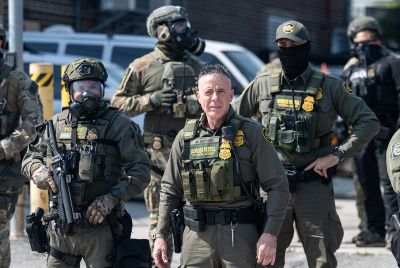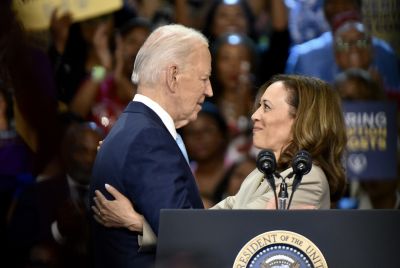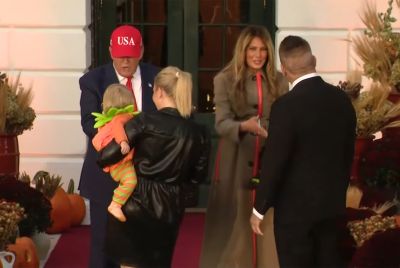Honduras: President Juan Orlando Hernandez declared winner of disputed election amid claims of fraud
The Organisation of American States cited "deliberate human intrusions into the computer system, intentional elimination of digital traces" and opened ballot boxes.
President Juan Orlando Hernandez has been declared the winner of Honduras' disputed election, speaking further protests amid claims of electoral fraud. The Organisation of American States, which sent election observers to the country, proposed a re-do of the vote.
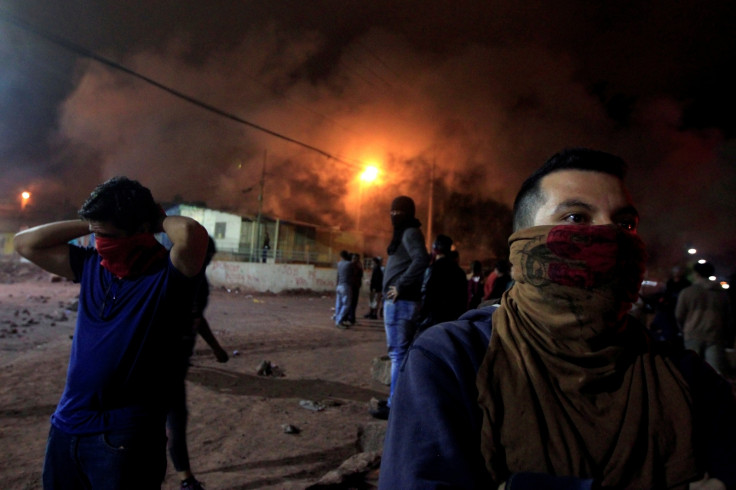
The OAS said it is impossible to determine the outcome with enough certainty due to irregularities including "deliberate human intrusions into the computer system, intentional elimination of digital traces", opened ballot boxes and "extreme statistical improbability regarding levels of participation within the same department", combined with the narrow vote differential.
"The only possible path for the winner to be the Honduran people is a new call for general elections. ... Respecting democratic values and citizens is the necessary road to safeguard society from death and violence," the OAS said. "The Honduran people deserve an electoral exercise that offers democratic quality and guarantees. The electoral cycle that the (Supreme Electoral Tribunal) gave as concluded today has clearly not been that," it added.
On Sunday evening (17 December) electoral tribunal president David Matamoros announced that Hernandez had won, saying, "We have fulfilled our obligation (and) we wish for there to be peace in our country." According to the court's official count, Hernandez won with 42.95 percent to 41.42 for challenger and TV star Salvador Nasralla, who well before the announcement had challenged the result and said he would not recognise it.
There were demonstrations overnight on main boulevards in Tegucigalpa, the capital, and other cities, and Nasralla's party called for more protests on Monday. At least 17 people have died in violent street clashes since the 26 November election.
The first results reported by the electoral court before dawn on 27 November showed Nasralla with a significant lead over Hernandez with nearly 60 percent of the vote counted. But public updates of the count mysteriously stopped for more than a day, and when they resumed, Nasralla's lead steadily eroded and ultimately reversed in Hernandez's favour.
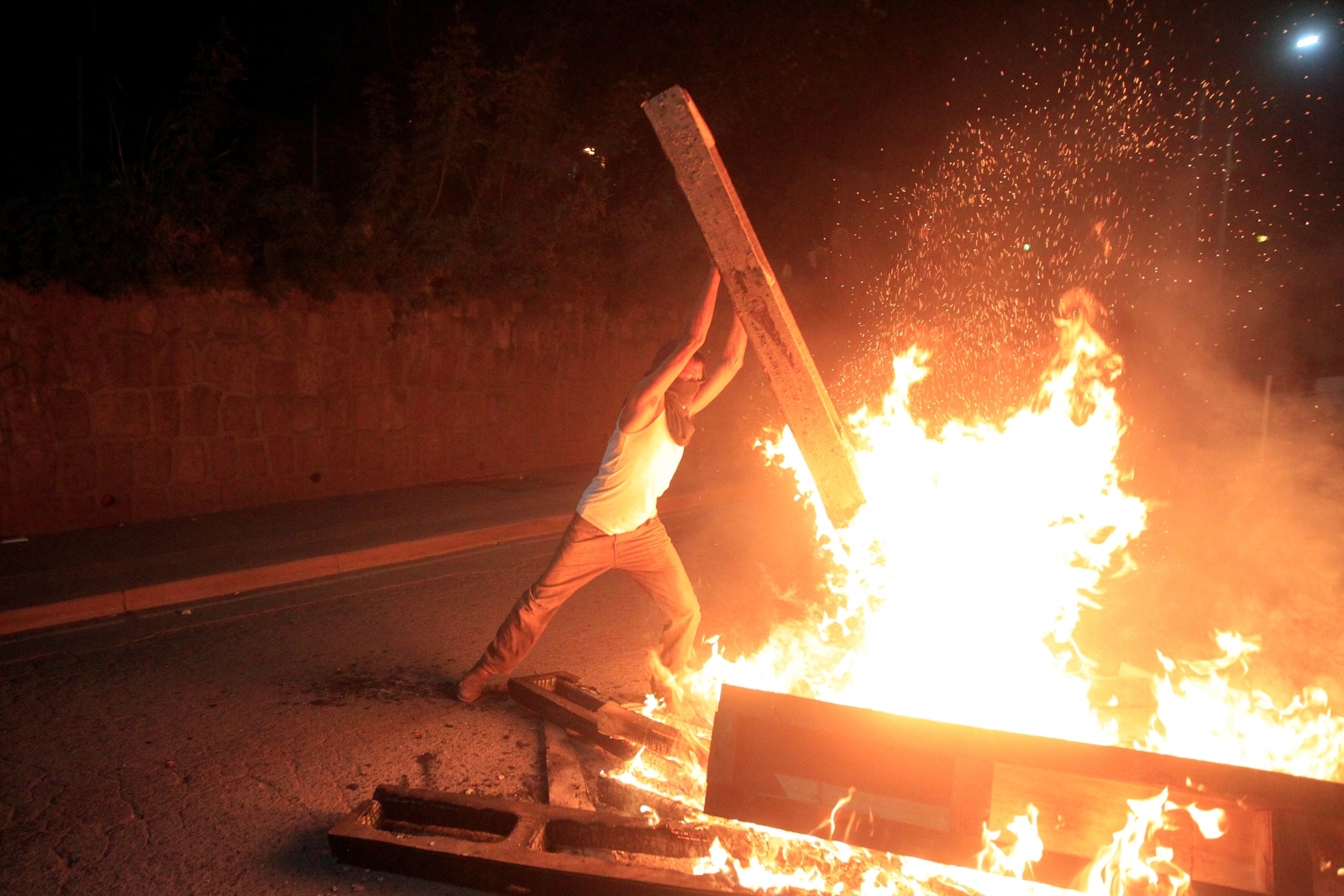













The electoral court recently conducted a recount of ballot boxes that presented irregularities and said there was virtually no change to its count. Since then, it had been considering challenges filed by candidates.
Hernandez, a 49-year-old businessman and former lawmaker, took office in January 2014 and built support largely on a drop in violence in this impoverished Central American country. But corruption and drug trafficking allegations cast a shadow over his government, and his re-election bid fuelled charges that his National Party was seeking to entrench itself in power by getting a court ruling allowing him to seek a second term.
Re-election has long been outlawed in Honduras, and Zelaya was ousted as president in a 2009 coup ostensibly because he wanted to run again himself. He later founded the party that ran Nasralla as its candidate. "The people say: 'JOH you are not our President,'" Zelaya tweeted, referring to Hernandez's initials. "We must mobilise immediately to all public places. They are violating the will of the PEOPLE."
There was no immediate public comment by Hernandez, whose sister Hilda Hernandez, a Cabinet minister, died on Saturday in a helicopter crash.




